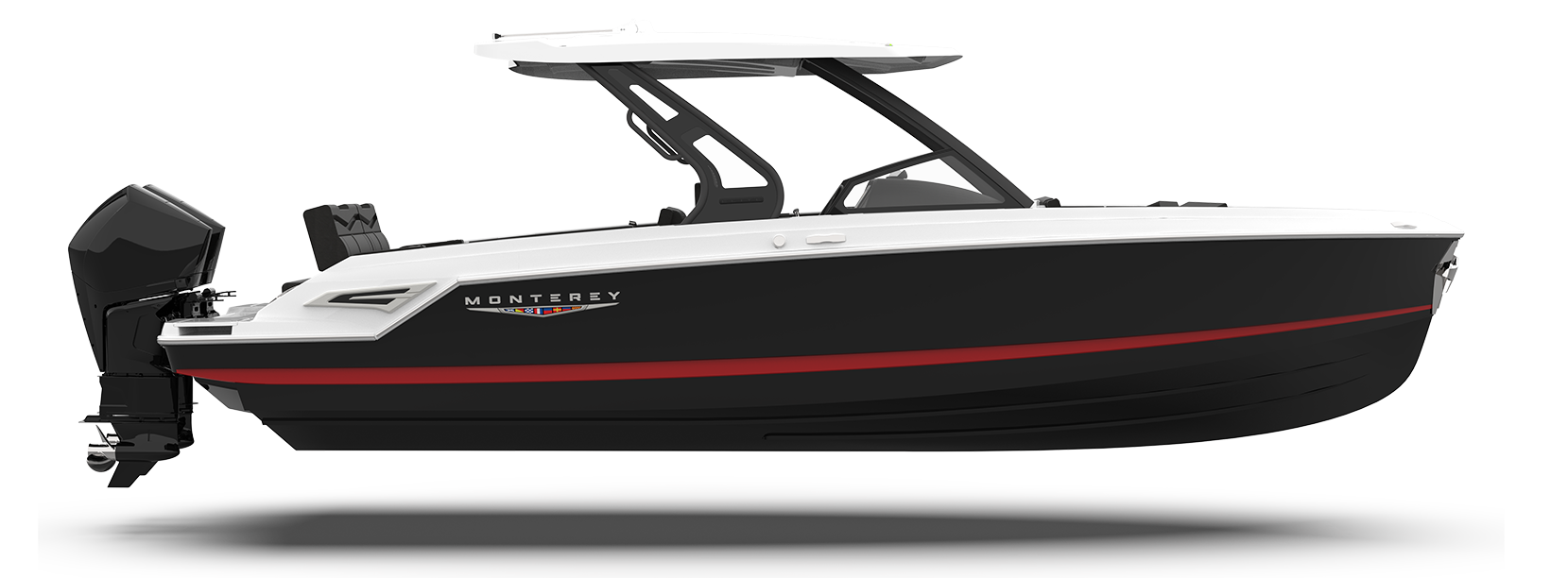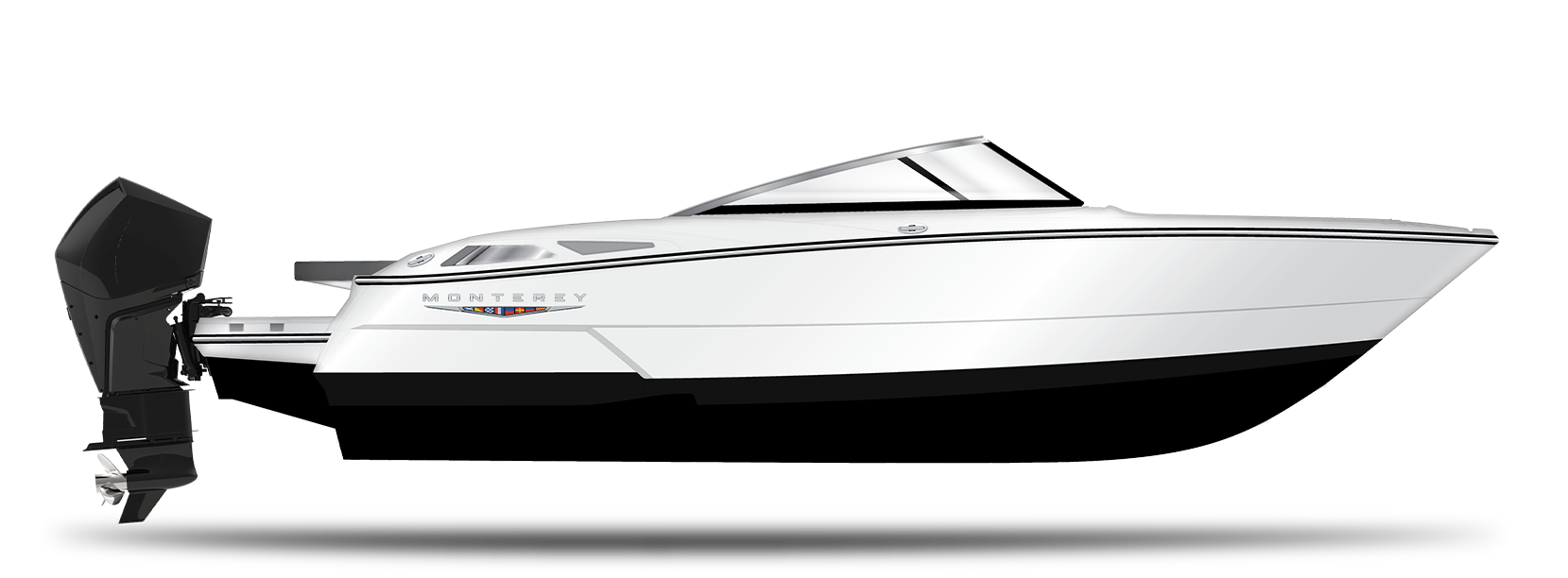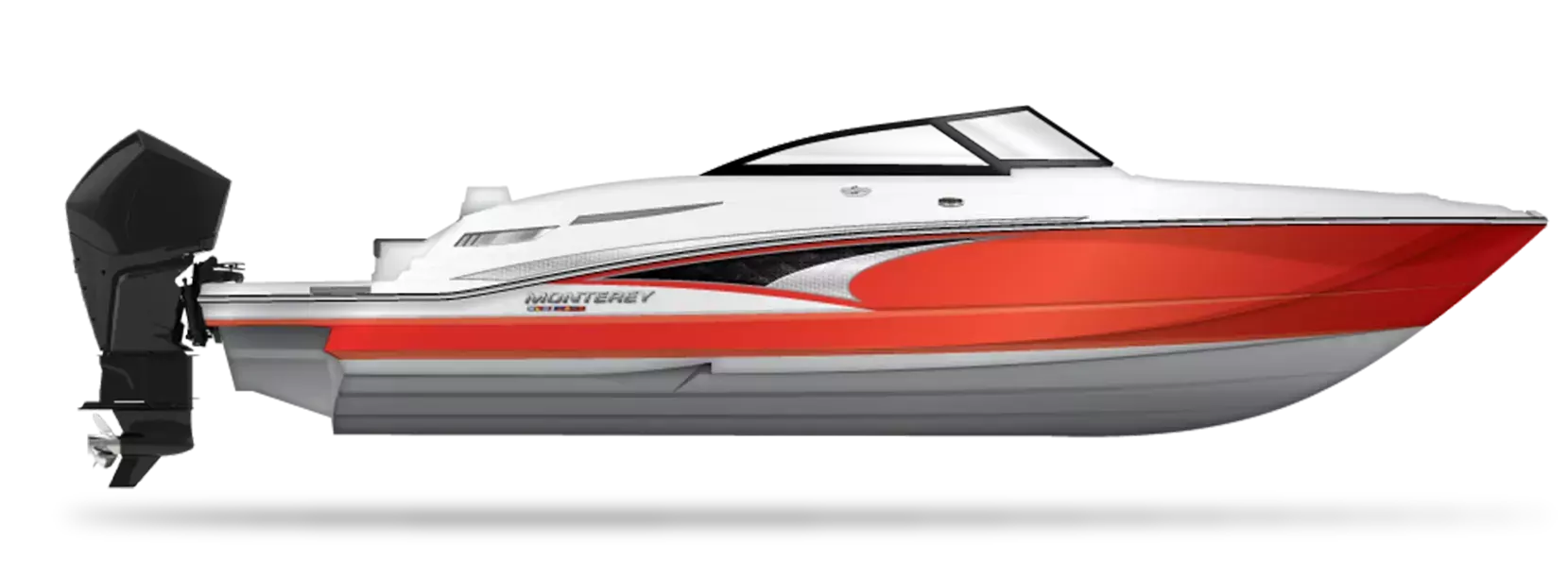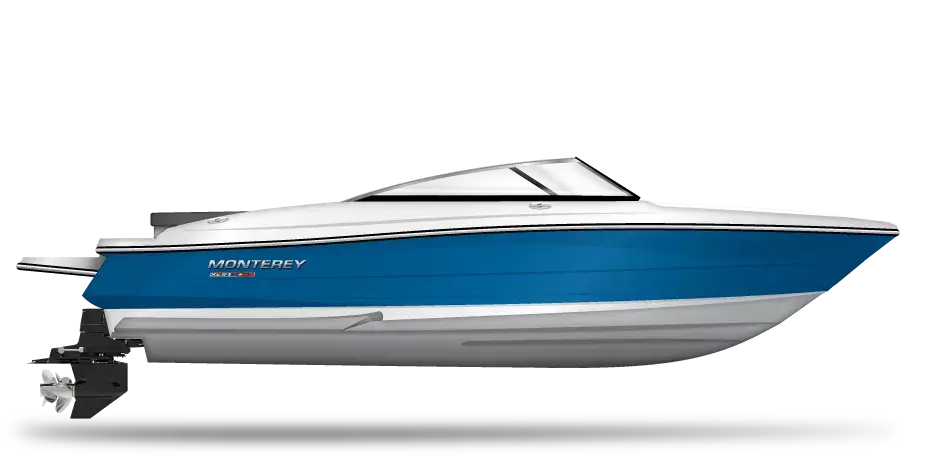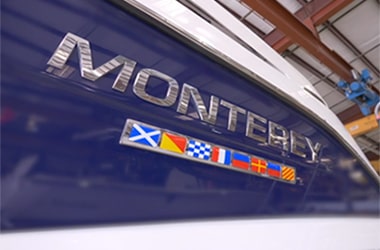Coral Reef Formation
Over the last few months we have blogged about coral reef structures throughout our earths’ oceans such as the Great Barrier Reef, Belize Barrier Reef and the Little Cayman. We’re able to enjoy their vibrant colors and life by snorkeling and scuba diving after traveling long distances to observe their structures.
Have you ever wondered why coral reefs develop in certain underwater environments and not others?
A coral reef begins to form when coral larvae attach themselves to the submerged edges of an island. In the 1830s, Charles Darwin divided coral reef structures into three categories: fringing, barrier and atoll. Fringing reefs are the most abundant reef system found in our worlds’ oceans, they form their boarders along an islands shoreline. A Barrier reef also develops around a shoreline but at a much greater distance. Atoll reefs develop when a fringing reef develops upward around an underwater volcanic structure.
Formation only occurs in waters whose temperatures do not fall below 18 degrees Celsius-- colder waters inhibit the production of limestone which necessary for the reef to grow. However coral species on a reef can grow in waters as cold as 11 degrees Celsius.
Other important factors in coral reef formation are salt content of water and light penetration. A coral reef will flourish in water with a salt content of 32 to 42 parts per thousand and adequate light sourcing. Dirty and/or cloudy water prevents light from reaching the reef which in turn prevents it from growing properly.
A coral reefs strict light penetration requirement restricts their ability to grow in deeper water, corals are often found in depths of up to 70 meters. The amount of coral species diminishes in deeper water as there is inadequate light and colder temperatures. Coral reef formations are commonly found in tropical and semitropical waters. Reef systems in Bermuda are an exception to the aforementioned rules.
What coral reefs have you visited with your Monterey Boat? Which one was your favorite? Share your response with us in our comments section or on our Monterey Boats Facebook page!
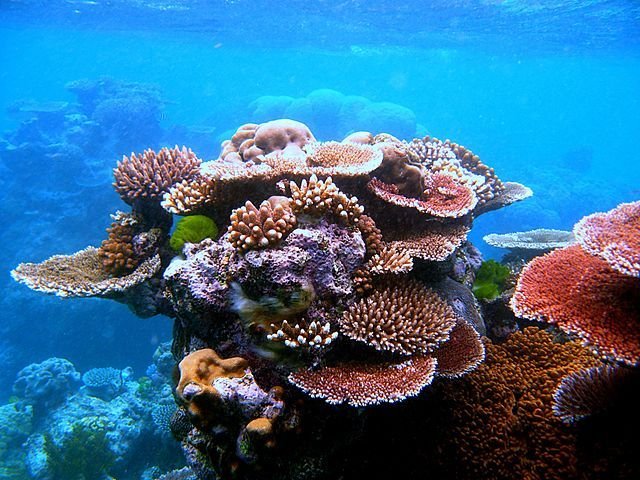
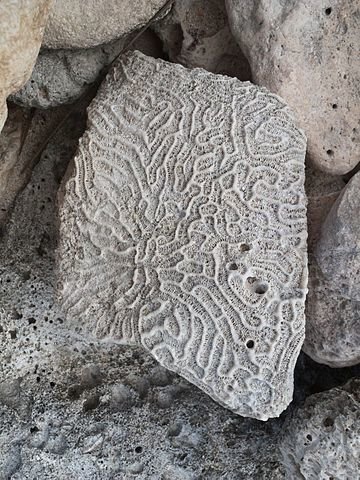
Bookmark & Share
User Comments
Be the first to comment on this post below!
Previous Article
Next Article


